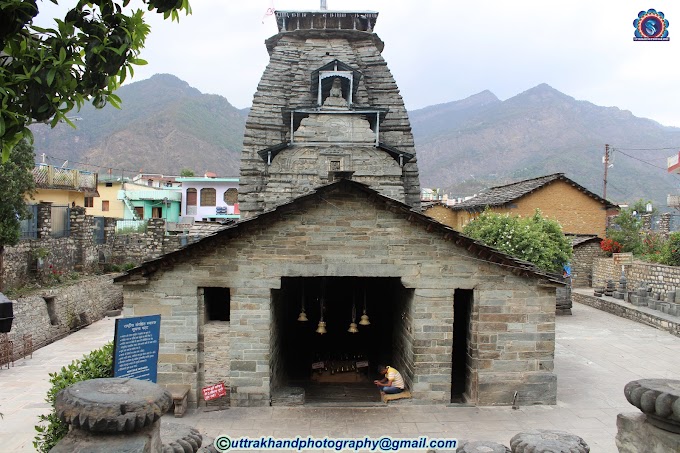 |
| What is Article 106 of Indian constitution ? |
Article 106 of the Indian Constitution deals with the salaries and allowances of the Members of Parliament (MPs) — that is, both Lok Sabha and Rajya Sabha members.
📜 Text of Article 106 (Simplified)
Members of either House of Parliament shall be entitled to receive salaries and allowances, as determined by Parliament by law.
Until Parliament passes such laws, they shall receive salaries and allowances as prescribed in the Second Schedule of the Constitution.
✅ Key Points of Article 106
| Feature | Description |
|---|---|
| Who is covered | All Members of Parliament (MPs) – Lok Sabha & Rajya Sabha |
| Who decides the amount | Parliament by passing a law |
| If no law exists | Salaries/allowances as given in the Second Schedule apply |
| Type of compensation | Salary, daily allowances, travel expenses, constituency allowances, etc. |
🧾 Related Law
Parliament passed the:
Salary, Allowances and Pension of Members of Parliament Act, 1954
This law is regularly amended to revise MPs' pay, allowances, and other entitlements.
🧾 Example
MPs receive:
-
A monthly salary
-
Daily allowances when attending Parliament
-
Travel allowance, office expenses, and constituency allowance
-
Pension after completing minimum years of service
As of recent updates, MPs earn over ₹1,00,000 per month in salary, plus allowances — though amounts may change with amendments.
📌 Summary of Article 106
| Feature | Details |
|---|---|
| Applies to | MPs of Lok Sabha and Rajya Sabha |
| Salary/allowances decided by | Parliament through law |
| Interim arrangement | Until law is made, refer to Second Schedule |
| Related Act | Salary, Allowances & Pension of MPs Act, 1954 |

.jpg)








.JPG)











Follow Us